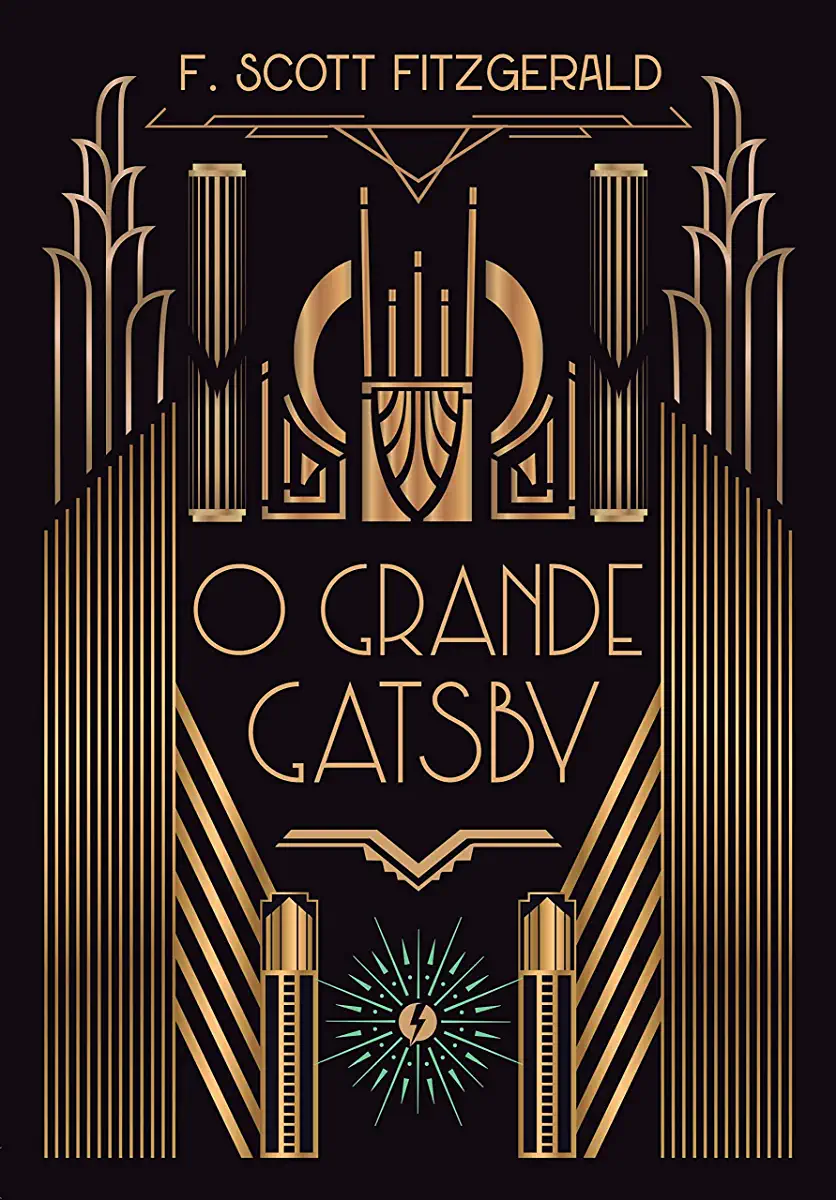
F. Scott Fitzgerald - The Great Gatsby
The Great Gatsby: A Timeless Tale of Love, Loss, and the American Dream
F. Scott Fitzgerald's The Great Gatsby is a masterpiece of American literature that has captivated readers for generations. Set in the Jazz Age on Long Island, the novel tells the story of Jay Gatsby, a wealthy man who throws lavish parties in an attempt to win back the love of his life, Daisy Buchanan.
A Story of Unrequited Love
Gatsby is a complex and enigmatic character, a self-made man who has achieved great wealth but is still haunted by the past. He is deeply in love with Daisy, but she is married to Tom Buchanan, a wealthy and arrogant man who does not deserve her. Gatsby's pursuit of Daisy is both noble and tragic, and his ultimate failure is heartbreaking.
A Vivid Portrait of the Jazz Age
The Great Gatsby is also a vivid portrait of the Jazz Age, a time of great social and economic change in America. The novel captures the decadence and excess of the era, as well as the underlying sense of disillusionment and loss. Fitzgerald's writing is lyrical and evocative, and he brings the sights, sounds, and smells of the Jazz Age to life.
A Classic of American Literature
The Great Gatsby is considered one of the greatest American novels ever written. It is a complex and multi-layered work that explores themes of love, loss, wealth, and the American Dream. The novel is also a powerful indictment of the materialism and social inequality of the Jazz Age.
Why You Should Read The Great Gatsby
The Great Gatsby is a must-read for anyone interested in American literature or history. It is a beautifully written and thought-provoking novel that will stay with you long after you finish it. If you haven't read The Great Gatsby, I urge you to pick up a copy today. You won't be disappointed.
Quotes from The Great Gatsby
- "So we beat on, boats against the current, borne back ceaselessly into the past."
- "They were careless people, Tom and Daisy - they smashed up things and creatures and then retreated back into their money or their vast carelessness, or whatever it was that kept them together, and let other people clean up the mess they had made."
- "Gatsby believed in the green light, the orgastic future that year by year recedes before us. It eluded us then, but that's no matter - tomorrow we will run faster, stretch out our arms farther.... And one fine morning--"
About the Author
F. Scott Fitzgerald was born in St. Paul, Minnesota, in 1896. He attended Princeton University but dropped out to join the army during World War I. After the war, he moved to New York City and began writing short stories. His first novel, This Side of Paradise, was published in 1920 and was a critical and commercial success. The Great Gatsby was published in 1925 and is considered his masterpiece. Fitzgerald died in Hollywood in 1940 at the age of 44.
Enjoyed the summary? Discover all the details and take your reading to the next level — [click here to view the book on Amazon!]